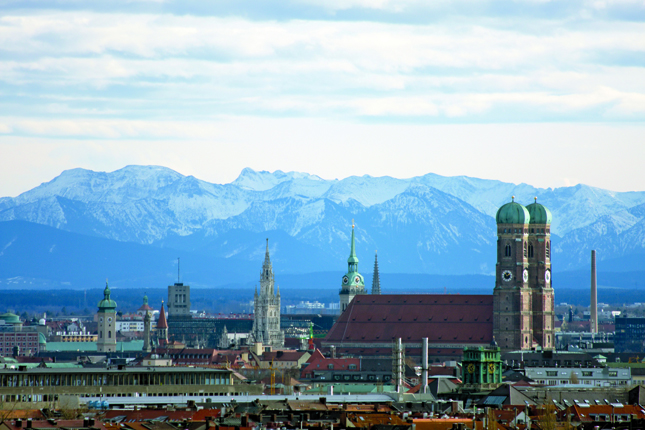Die Corona-Krise hinterlässt in der deutschen Hotellerie wie erwartet deutliche Spuren. Der RevPar (Umsatz pro verfügbares Zimmer) der untersuchten Betriebe ist im Zeitraum 01. bis 11. März 2020 verglichen mit dem Referenz-Zeitraum des Vorjahres um deutschlandweit 27 Prozent zurückgegangen, wie Fairmas und STR melden. Für die Hauptstadt Berlin steht demnach ein RevPar-Minus von 39,6 Prozent zu Buche, was besonders auf die Absage der weltgrößten Touristik-Messe ITB zurückzuführen sein dürfte. Ähnliche Einbußen gab es auch für die Hoteliers in Frankfurt (40,9 Prozent) und Köln/Bonn (42,9 Prozent). In Hamburg lag das RevPar-Minus bei 22,9 Prozent, in München bei 16,2 Prozent. Noch vergleichsweise glimpflich davon kamen Düsseldorf (RevPar-Rückgang 11,9 Prozent) und Stuttgart (minus 12,7 Prozent).
Bis auf Dortmund trug das Minus der durchschnittlichen Zimmerauslastung in allen untersuchten Städten den dominierenden Teil zum RevPar-Rückgang bei. Für Düsseldorf (plus 22,0 Prozent) und Stuttgart (plus 15,3 Prozent) wurde sogar ein deutlicher Anstieg der Rate ermittelt, für Leipzig (plus 1,8 Prozent) und München (plus 4,2 Prozent) immerhin ein moderater.
Fairmas erhebt zusammen mit dem internationalen Kooperationspartner STR täglich Daten von zirka 1.700 Hotels in Deutschland. Die überwiegende Mehrheit dieser Zahlen wird direkt über Systemanbindungen an Fairmas oder STR übermittelt.

